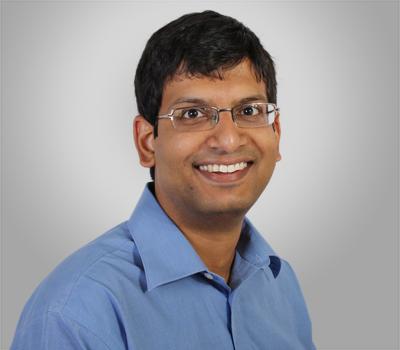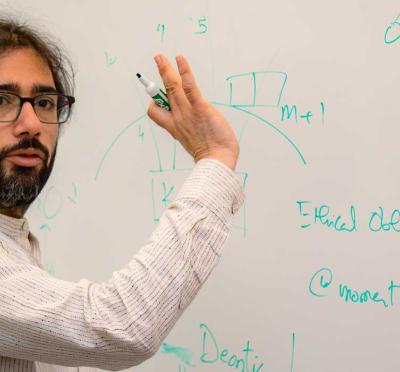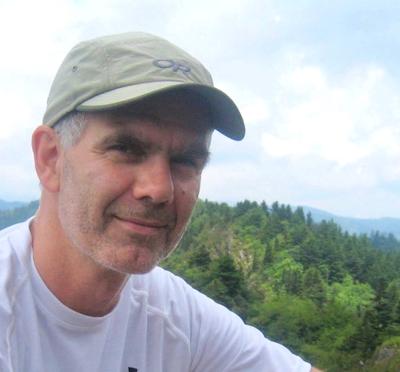Mostafa Essawy, a doctoral student in electrical and computer engineering at Oregon State University, was one of just 26 students worldwide to receive a 2023-2024 predoctoral achievement award from the IEEE Solid-State Circuits Society.
The award is granted annually to promising Ph.D. students based on their academic records and the quality of their publications.
Essawy’s research on improving wireless transceivers for communication and sensing applications focuses. He specializes in designing transceivers for simultaneous transmit and receive technology to enhance efficiency in radar and communication devices.
“Despite its benefits, STAR presents challenges like signal interference, which reduces receiver sensitivity,” Essawy said. “To tackle this, I’ve developed innovative self-interference cancellation techniques to improve signal quality. My projects address challenges such as managing high-power self-interference, expanding cancellation bandwidth, and minimizing system noise.”
Essawy began his studies at Oregon State University in 2019 and is mentored by Professor Arun Natarajan.
“Working with Professor Natarajan has been an enriching experience, and our research in the group is truly impactful,” Essawy said. “I’m passionate about tackling challenging problems and our research directly contributes to improving people’s daily lives.”
Essawy earned his B.Sc. and M.Sc degrees from Ain Shams University in Cairo, Egypt. Before coming to Oregon State, he gained valuable industry experience as an analog/mixed signal IC design engineer at Si-Ware Systems in Cairo for five years and as an RFIC design intern in the cellular team at Apple in San Diego.
Throughout his academic journey, Essawy has been recognized for his outstanding achievements, including Oregon State’s EECS Outstanding Scholarship from 2019 to 2023 and the Outstanding Student Designer Award from Analog Devices Inc. in 2022. He also received the best poster award from the Center for Design of Analog-Digital Integrated Circuits in 2023 and 2024.
“Mostafa is a great researcher; he came to Oregon State with a strong background in analog circuits and has done fantastic work in pushing state-of-the-art in simultaneous transmit-and-receive,” Natarajan said. “This a challenging area of research requiring strong theoretical skills as well as practical knowledge in IC testing and it has been a pleasure working with Mostafa. It’s great that his work is being recognized by the community.”



